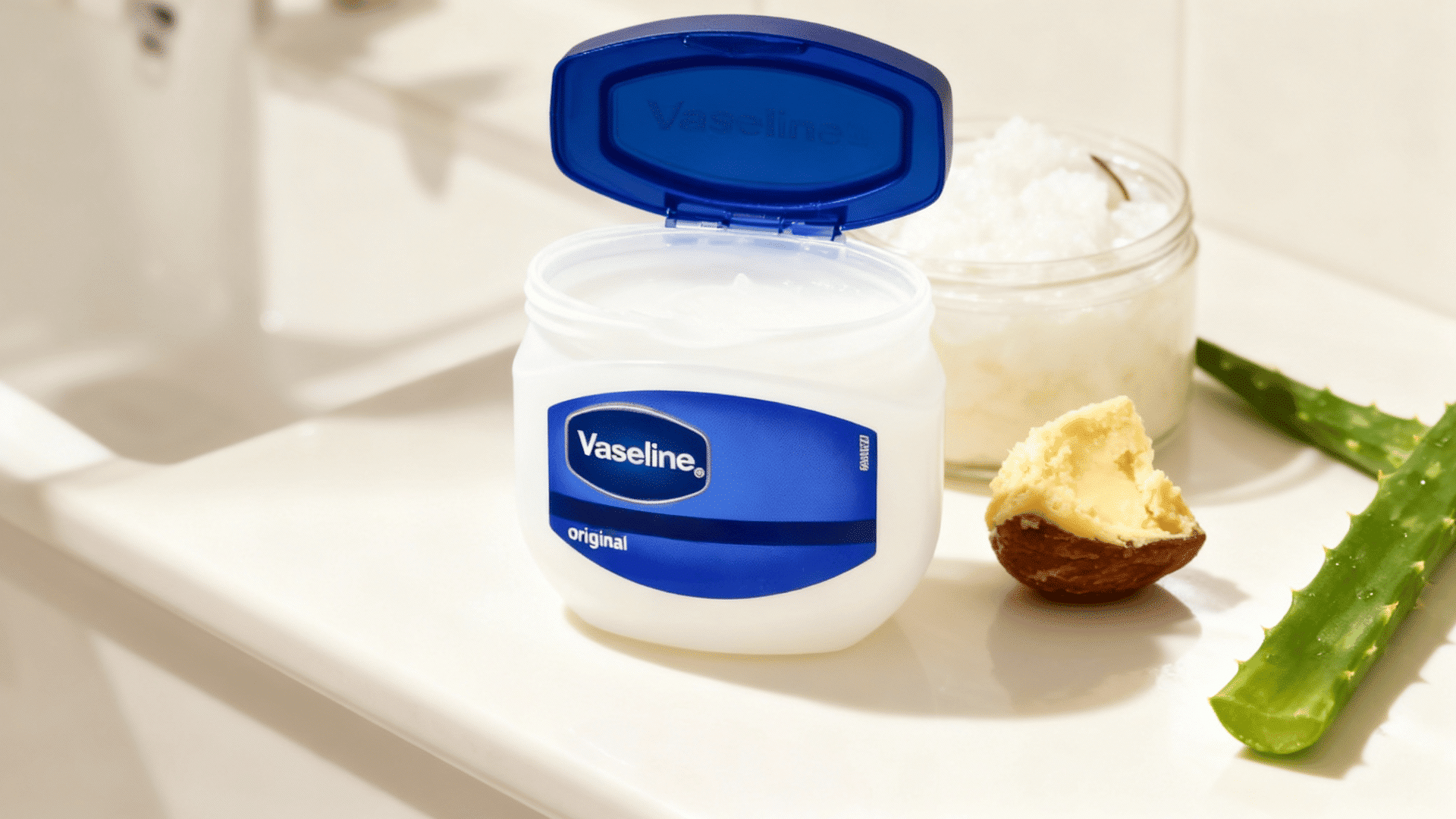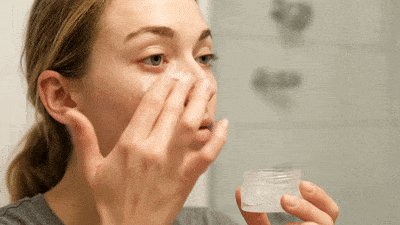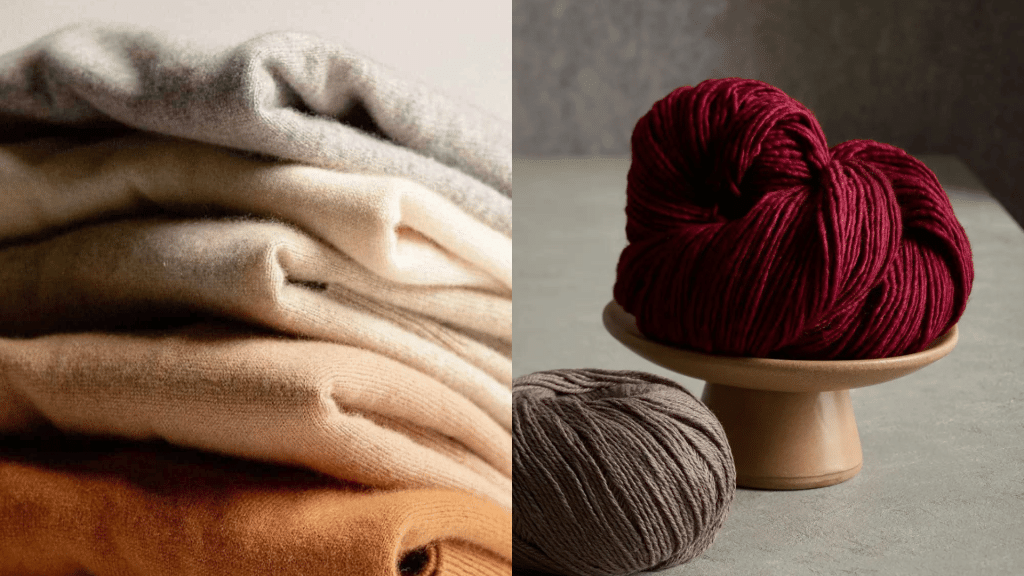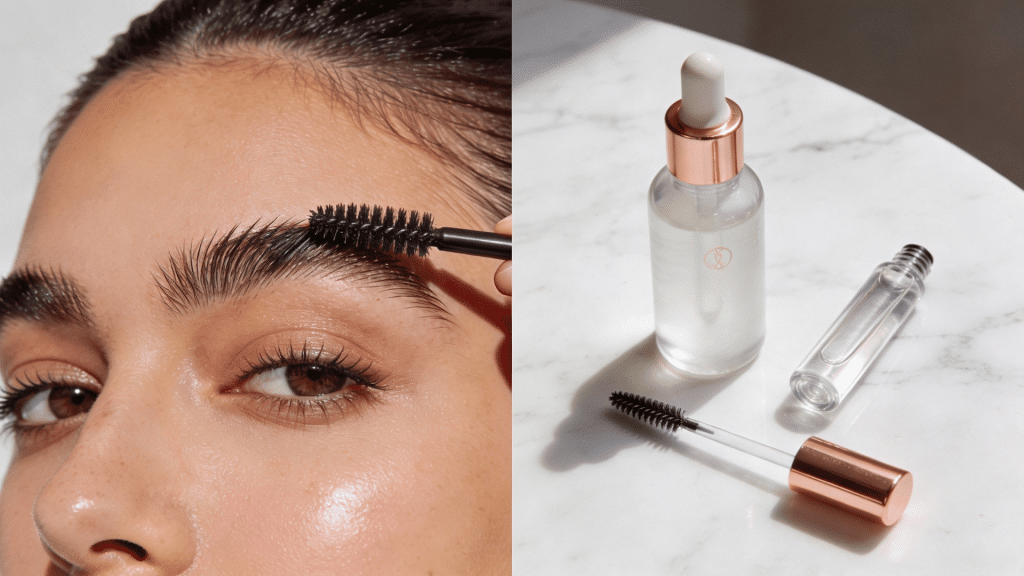I’ve been using petroleum jelly for years, and recently wondered: is petroleum jelly bad for you? Many people share this concern, especially with growing awareness about skincare ingredients.
You might be asking yourself, “is vaseline bad for you?” or “why is vaseline bad for you?” These are valid questions that deserve clear answers.
In this blog, I’ll cover petroleum jelly’s composition, address health concerns, discuss who should avoid it, and provide practical guidance for making informed decisions about this common household product.
What is Petroleum Jelly
Many people wonder if petroleum jelly bad for you without understanding what this product actually contains.
Petroleum jelly is a semi-solid mixture derived from petroleum refining processes. The substance consists of hydrocarbons that create its thick, waxy texture.
Manufacturers produce petroleum jelly by distilling crude oil, removing impurities, and creating various purity grades. Higher-quality versions undergo triple purification to eliminate harmful compounds.
Whether petroleum jelly is bad for you often depends on the refining quality and the specific grade used in production.
Benefits of Petroleum Jelly
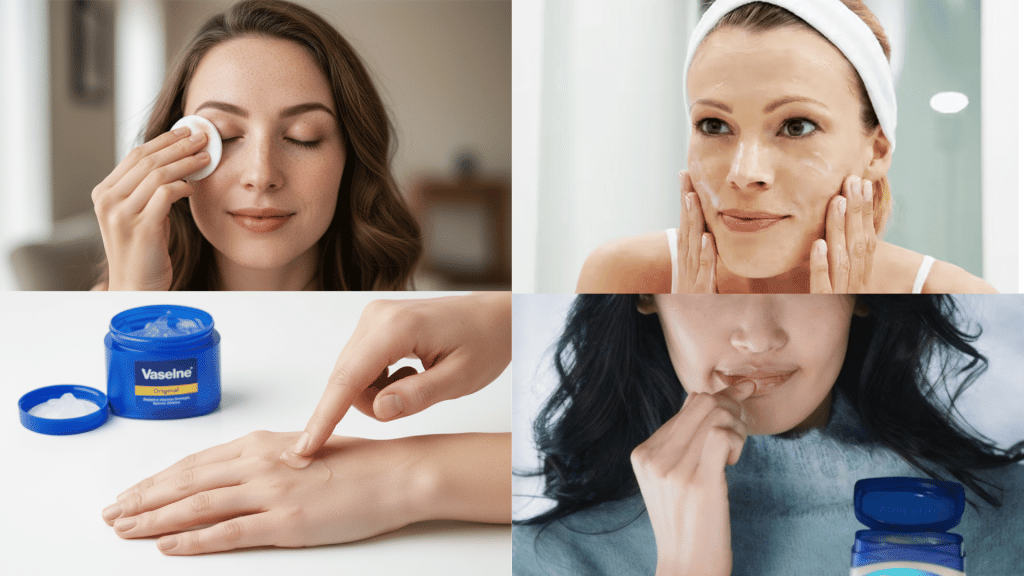
Despite safety concerns, petroleum jelly offers several proven benefits for the skin. Many people rely on this product for good reasons.
- Locks in moisture: Forms a gentle shield that retains moisture, nourishing and caring for the skin
- Heals minor cuts: Forms a gentle seal over wounds to help speed up the body’s natural healing process
- Soothes dry lips: Offers Quick moisture to soothe irritation and restore softness to dry, cracked lips
- Protects sensitive skin: Acts as a shield against weather and irritants that can damage and dry lip skin
- Removes makeup safely: Dissolves stubborn cosmetics gently without harsh scrubbing or skin irritation
These benefits explain why petroleum jelly remains popular worldwide. However, understanding potential risks helps people make informed choices.
Uses of Petroleum Jelly
Petroleum jelly serves many practical purposes beyond its basic moisturizing properties. People find creative ways to use this multipurpose product in their daily routines.
- Diaper rash prevention: Forms a protective layer on the baby’s soft skin areas
- Cuticle softening: Massaged around nails to keep cuticles smooth and healthy
- Eyebrow grooming: Shapes and holds brow hairs in place naturally
- Dry elbow treatment: Penetrates rough, thick skin on elbows and knees effectively
- Makeup primer base: Creates a smooth canvas for foundation application on dry patches
These diverse applications demonstrate the adaptability of petroleum jelly in skincare routines. Yet some uses may carry more risks than others.
Downsides of Petroleum Jelly
While petroleum jelly offers benefits, understanding potential drawbacks helps you make informed skincare decisions. Here are key concerns to consider before regular use.
- Skin reactions: Can cause allergic reactions, redness, itching, or breakouts in individuals with sensitive skin
- Bacterial trapping: May trap bacteria on unclean skin, worsening the condition
- Pore clogging: A heavy application blocks the natural skin’s ability to breathe and may cause blackheads or acne
- Face risks: Particularly problematic for facial use, especially with oily or acne-prone skin types
- Processing concerns: Lower-grade versions may contain harmful impurities from poor refining processes
- Quality varies: Safety depends on manufacturing standards and purification methods used
These potential issues explain common safety concerns about petroleum jelly. Weighing these downsides against the benefits helps you choose what’s best for your skin.
When to Avoid Petroleum Jelly
Certain situations make petroleum jelly bad for you and require avoiding this product entirely.
People with active acne should skip petroleum jelly on their face, especially if they have severe petroleum allergies. Those using retinoids shouldn’t apply it over treatment areas.
The occlusive barrier blocks the absorption of medication and reduces its effectiveness. Fresh wounds or burns need breathable healing environments, not sealed surfaces.
Why is Vaseline bad for you becomes clear during respiratory infections.
Using petroleum jelly near the nostrils can cause lipid pneumonia if inhaled. Individuals with compromised immune systems should consult their doctor before using it regularly.
Alternatives to Petroleum Jelly
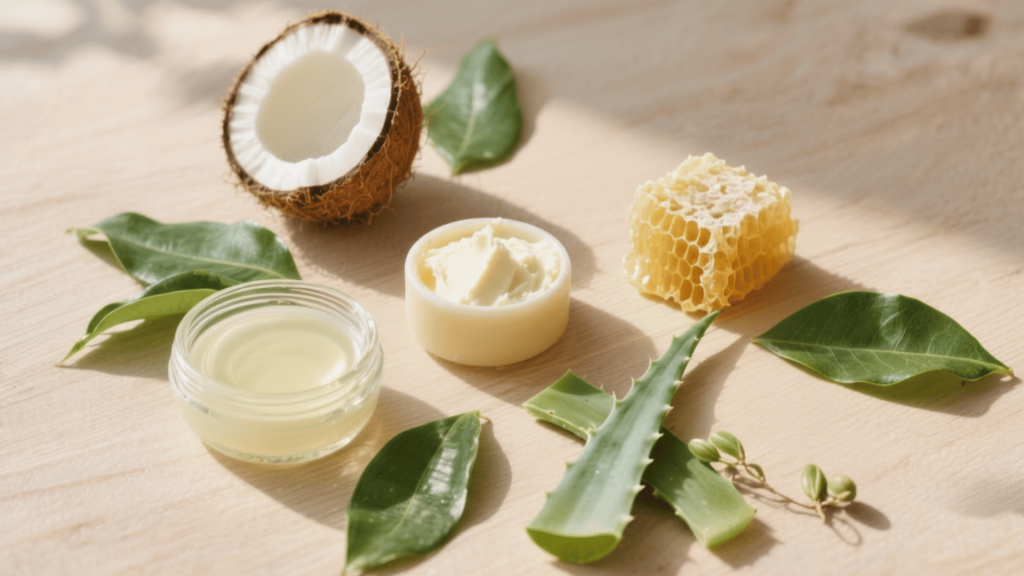
People seeking petroleum jelly substitutes have many effective options available. Natural and synthetic alternatives offer similar benefits without the potential concerns associated with them.
- Shea butter: Natural moisturizer that absorbs easily and suits sensitive skin types
- Coconut oil: Antimicrobial properties with a lightweight texture for daily skin care
- Lanolin: Wool-derived emollient that provides deep moisture and healing benefits
- Beeswax balms: A Natural protective barrier that allows skin to breathe naturally
- Dimethicone gel: Synthetic silicone alternative that creates a moisture seal without clogging
These alternatives provide similar protective and moisturizing effects. Choosing the right substitute depends on individual skin needs and preferences.
Tips to Use Petroleum Jelly Safely
Navigating the world of skincare can be confusing, especially when popular products like petroleum jelly come with a mix of praise and caution.
The truth is, when used correctly, petroleum jelly can be a beneficial part of a skincare routine. It all comes down to understanding the right way to apply it and what to avoid.
- Always apply to clean skin. Petroleum jelly creates a barrier, so applying it to dirty skin can trap bacteria and impurities.
- Use a small amount. A little goes a long way. Using too much can feel greasy and may clog pores on some skin types.
- Avoid sunburns or deep wounds. While it’s great for minor scrapes, a thick layer on a burn can trap heat and worsen the damage.
- Check for purity. Ensure the product is a triple-purified grade, which is the standard for cosmetic use, to avoid any potential contaminants.
By following these simple guidelines, one can safely enjoy the benefits of this multipurpose product. It’s about being mindful of how and where it is applied to ensure it works with the skin, not against it.
Conclusion
When asking is petroleum jelly bad for you, the answer isn’t inherently dangerous, but it’s not perfect for everyone either. After examining the evidence, I’ve found that quality matters more than most people realize.
The key lies in understanding your skin type and choosing products accordingly.
Whether you stick with petroleum jelly or switch to coconut oil depends on your individual needs. Consider your skin sensitivity, existing conditions, and personal preferences when making this choice.
Ready to make the best choice for your skin? Start by patch-testing any new product on a small area first, and consult your dermatologist if you have specific skin concerns.

